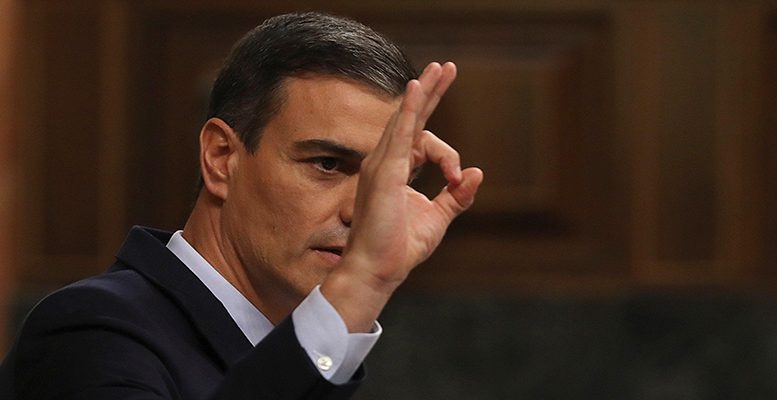Fernando G. Urbaneja | Spanish politicians have been unable to interpret last April´s elections and, having dissolved parliament, have summoned Spaniards to vote again on 10 November. In principle it seems that the new parliament will look much like the old one, but the latest polls detect some changes among the voters.
It is sufficient to highlight the following theses:
1. The victory of Pedro Sanchez´ socialists seems unquestioned, but not as clear cut as expected. The insufficient 123 seas (out of 350) before did not let him form a government and in November, with a few seats more or less, could still be insufficient to allow Sanchez to form the mono-colour government he wants.
2. The emerging parties, which broke up the forty year old two-party system, are falling back. Both Ciudadanos (on the right) and Podemos (on the left) see their expectations diminished, although they could remain necessary to form a governing majority. Ciudadanos will not equal or replace the PP as the leading party on the right and Podemos is suffering internal splits and defections which weakens its influence.
3. The Partido Popular, headed by a new 38 year old leader, Pablo Casado, will improve its showing, but not enough to head a government. The PP hit rock bottom in April (66 seats, half what it won in the previous election), but could get around a hundred seats in November, halting its decline and consolidating Casado´s leadership.
4. The far right represented by Vox, something unprecedented in democracy, which won 24 seats in April, is in decline. The “useful vote” is returning to the PP.
5. No changes are expected in the nationalist vote, more or less separatists or regionalist, with special relevance for the Basques and Catalans who aspire to be king-makers, as long as they get something in return. Catalan demands are likely to be unacceptable, even for the socialists who are more inclined to do deals.
6. As another failure to form a government is unlikely, because unacceptable, the way will be opened to new agreements which months ago were impossible because of the obtuseness of the leaders. At the beginning of 2020 these impossible agreements may be inevitable.





